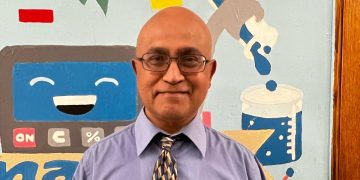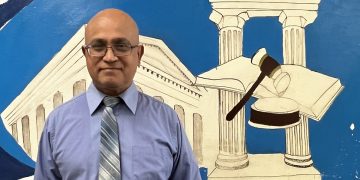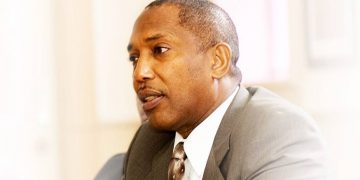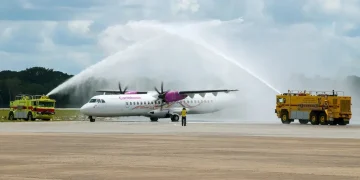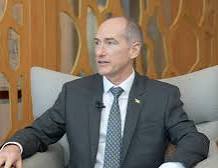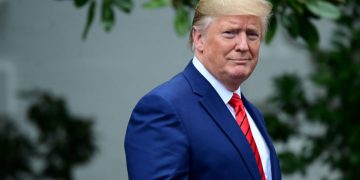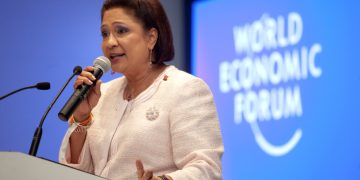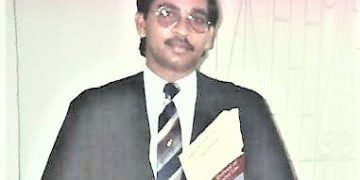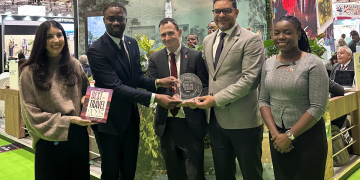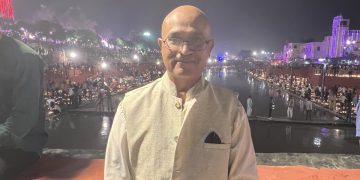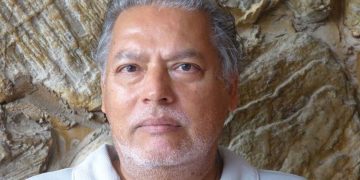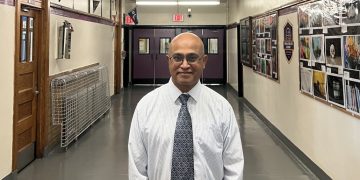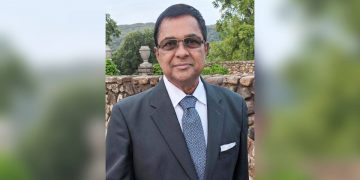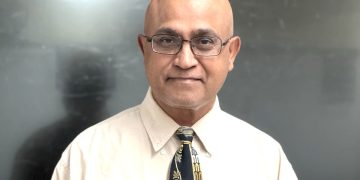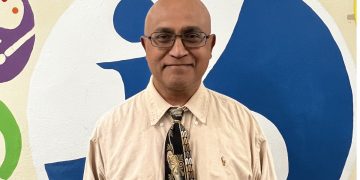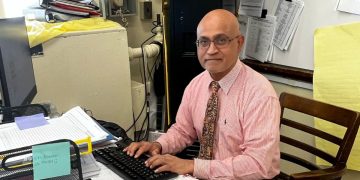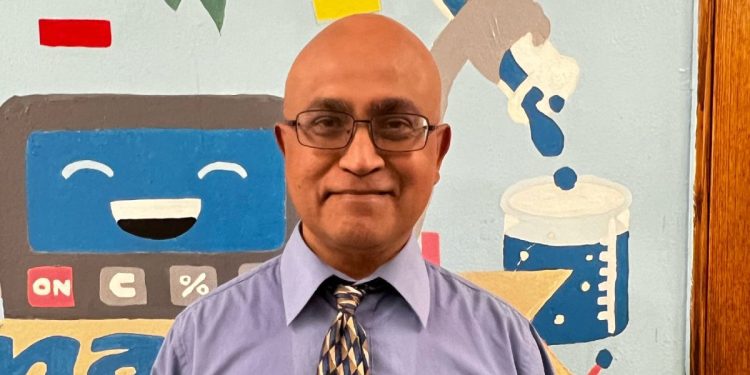Last August 2 was the fourth anniversary of the declaration of the outcome of the March 2, 2020 elections. Memories went back to the five months struggle from March 2, 2020, the day of the elections, to August 1, 2020 when the matter of declaring a winner was still being contested in the court. I was there from the outset commenting on the preparation for the election and running errands between politicians and observers and consultants to secure a fair election. Politicians tend to be ungrateful forgetting what people did for them to get elected.
The battle for respect of the will of the voters was ongoing. Then suddenly, a declaration was made early morning on August 2 and immediately followed by a swearing in of Irfaan Ali as the new President unseating David Granger. The public is not and probably will never know some of the critical happenings during those five months of the battle that led to the declaration that placed the PPP in government and Irfaan Ali as President. There were several untold events and unsung heroes behind those happenings.
It took five long months for an election declaration that really should have taken no more than five hours: counting of ballots at each of some 2500 polling stations and penning the count on the duplicated statement of poll (SOP); signing the duplicated SOP document by polling agents and the returning officer; posting a duplicated copy of SOP at front door or wall of the polling place; forwarding the count number on each SOP to headquarters for aggregated tabulation of all SOPs for each of the ten regions and nationally (for the Presidency and parliamentary seats); and finally announcement or declaration of the final total numbers regionally and nationally.
Actually, the count at each polling station was known within a few hours and telephoned to headquarter of each of the contesting political party that was monitoring and doing their own count, the local and international observers, GECOM monitoring staff, and the media that was anxiously awaiting the outcome for its breaking news report. This writer, who traveled around the country long before election day conducting opinion surveys, observing preparation for the poll, and visiting polling stations on election day, received pix of posted SOPs of (from contacts at) many polling stations that were shared with media people.
Within hours, the final outcome was known but certification of final results was held up. On at least two occasions, there was a planned swearing in of a President before the final declaration on August 2. Court challenges and counter-challenges caused the declaration to be placed on hold and took five months. There was pressure from the OAS, Carter Center, Commonwealth, Washington, Ottawa, London, the EU, Ambassadors and more bodies to respect the will of voters (meaning accept the actual count of the votes) rather than impose a bogus count of invented numbers as was attempted multiple times. There was also CARICOM intervention and finally agreement for a publicly scrutinized (and audited) recount whose numbers were initially rejected and challenged in court; there was more attempt at invented numbers. The incumbent finally caved in to pressure (from Washington that imposed sanctions on individuals who were hell bent on having a result in their favor) allowing GECOM to make a declaration. GECOM was divided 3-3; the chair cast the tie breaking vote resulting in the declaration that led to Irfaan Ali’s swearing in.
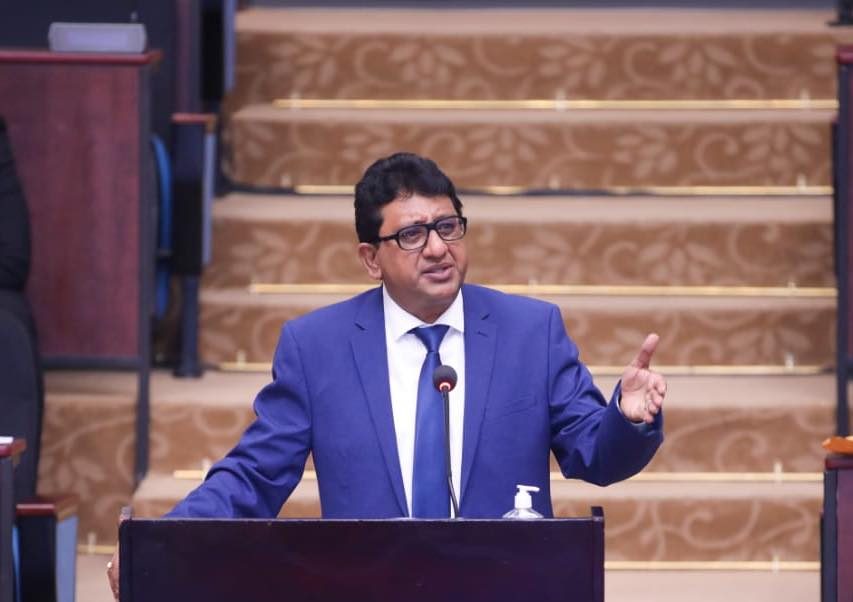
During the five months to have certification of the SOPs and Recount SOPs, many events happened that were reported to the public via the media. But there were many ‘secret’ happenings by the parties that mapped out strategies, tactics, legal briefs from their meetings or sessions and discussions to which the public was not privy. They were held in strictest confidence and utmost secrecy, off limits to the media and loose lips, so as not to alert the other side of planned strategies. Information on or about plans was accessed from trusted contacts and through ‘inducements’ by an East Coast businessman whose name shall remain anonymous; these were shared. One party had planned: penetrating the containers to access the ballot boxes and tampering with them; influencing judges; bullying and threatening GECOM officials and staff, among other underhand, illegal tactics. Nefarious strategies and illegalities were exposed in behind the scene interventions.
There were several court cases – Supreme Court, Appeal Court, and CCJ. And Douglas Mendes, who was the front face of the arguments of the opposition, was credited for the opposition victories in court. But very early on, there was one crucial court case which saved the PPP on the eve of a planned swearing in of David Granger. Without the last-minute, and real last minute, intervention of the legal brilliance of Anil Nandlall, a court challenge to a (planned and expected) declaration in the early days would have been held. Nandlall’s Senior felt a legal challenge was not tenable and instead proposed going ‘the election petition way’ after a declaration. Nandlall’s determination prevailed and a challenge was filed. His brilliant legal mind rescued the situation which was at the time hopeless for the opposition.
There were also quiet behind the scene appeals to Ambassadors and lobbying of Washington and other influential world capitals to warn against planned fraud and to pressure the incumbent to accept the real outcome. Appeals to certain eminent personalities who were advisors, consultants, observers in Guyana and to others at government offices around the globe including in Auckland, London, Canberra, Washington, Ottawa and elsewhere assisted in putting pressure on the incumbent to accept the will of voters and on GECOM to make a declaration of the actual outcome of vote count. Appeals from local respected, influential figures (legal minds and friends) were also made to GECOM officials to come right and declare the actual results.
Several individuals, local and foreign (Ambassadors, observers, US State Department officials, etc.) played key roles that led to the announcement of August 2, 2020. This writer is grateful for their role. A handful of local individuals (two business men, one from east Coast and another from East Bank and two retired legal minds) played extremely critical roles that led to that final declaration; one legal mind passed away last year. Their names shall remain anonymous; I can never forget the contributions of the two business persons in the final result. The two don’t know each other but are aware of my interventions to get a declaration; their identity has to be protected.
Most important of all in saving democracy was Ambassador Sara Ann Lynch; without her intervention, speaking on behalf of the most powerful country, the right outcome would not have been possible. President Granger, to his credit, it was reported, declined opportunities to be sworn in under any questionable declaration. When America speaks on respecting democratic outcome (real outcome of elections), the leaders of small nations listen or face unpleasant consequences as Guyana is now learning in the effort to combat corruption that has been spreading like an uncontrolled cancer since 2021.
